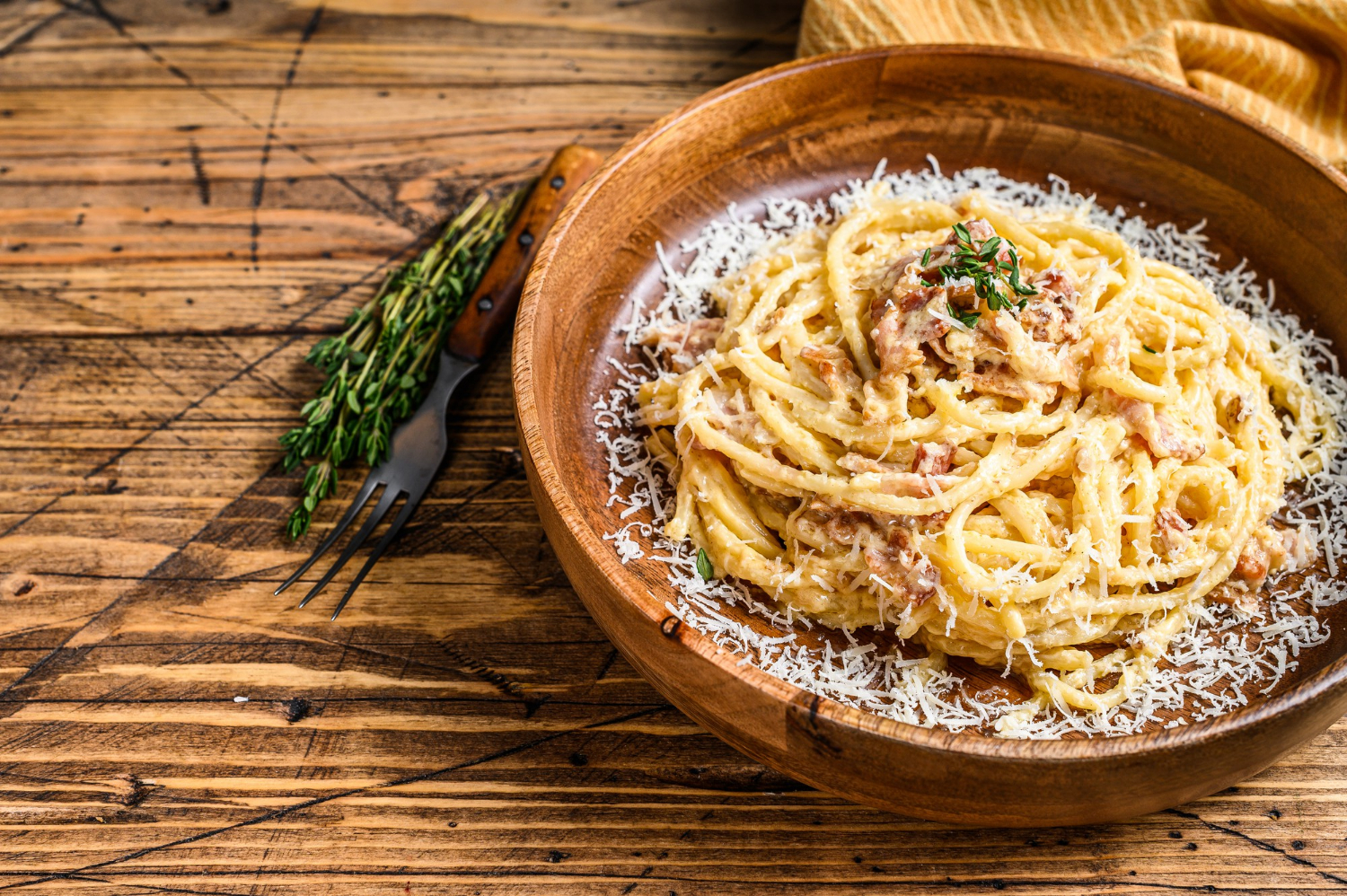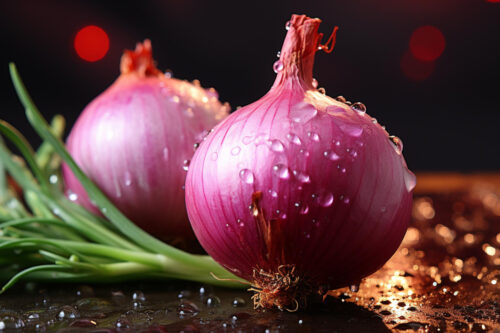Photo: Pixabay
Olive oil is a staple ingredient in Italian cuisine, but did you know that it also has numerous health benefits? From promoting heart health to reducing inflammation, olive oil is a powerful ingredient that can have a positive impact on your overall health.
One of the primary health benefits of olive oil is its ability to promote heart health. Olive oil is high in monounsaturated fats, which can help to lower bad cholesterol levels and reduce the risk of heart disease. Studies have shown that consuming olive oil as part of a healthy diet can lead to a reduced risk of heart disease and stroke.
In addition to its heart-healthy benefits, olive oil also has anti-inflammatory properties. Chronic inflammation is a major contributor to many health problems, including arthritis, cancer, and Alzheimer’s disease. Olive oil contains compounds that can help to reduce inflammation in the body, potentially reducing the risk of these diseases.
Olive oil is also rich in antioxidants, which can help to protect your cells from damage caused by free radicals. Free radicals are unstable molecules that can lead to cell damage, contributing to the aging process and increasing the risk of certain diseases. By consuming foods that are high in antioxidants, such as olive oil, you can help to protect your cells and promote overall health.
In Italian cuisine, olive oil is used in a variety of dishes, from pasta sauces to salad dressings. However, using olive oil in cooking can be tricky if you’re not familiar with its flavor and properties. That’s why we invite you to join our online course where you can learn how to use olive oil to its fullest potential.

Photo: Pixabay
In our course, you’ll learn about the different types of olive oil and how to choose the best one for your needs. You’ll also learn about the different cooking methods that are best suited for olive oil, as well as how to store it properly to ensure maximum flavor and health benefits.
In addition to cooking tips, our course will also cover the health benefits of olive oil in more detail. You’ll learn about the specific compounds in olive oil that contribute to its health benefits and how to incorporate it into your diet to promote overall health and well-being.
Olive oil is a powerful ingredient with numerous health benefits. From promoting heart health to reducing inflammation, incorporating olive oil into your diet can have a positive impact on your overall health. So, if you’re interested in learning more about how to use olive oil in your cooking and how to reap its health benefits, we invite you to join our online course today.
Olive oil is a staple ingredient in Italian cuisine, and it is not just for its delicious flavor. Olive oil has numerous health benefits that have been well-documented by scientific research. Here are just a few of the benefits of olive oil in relation to Italian cuisine:
Cardiovascular health: Olive oil has been shown to reduce the risk of heart disease by improving cholesterol levels and reducing inflammation in the body. In Italy, olive oil is often used in place of butter or margarine, making Italian cuisine a heart-healthy choice.
Anti-inflammatory properties: Olive oil contains polyphenols, which have anti-inflammatory properties. This can help to reduce the risk of chronic diseases such as arthritis and certain types of cancer.
Digestive health: Olive oil has been shown to improve digestion and reduce the risk of digestive disorders. It is often used in Italian dishes such as pasta and salad dressings to promote healthy digestion.
Weight management: While olive oil is high in calories, it has been shown to aid in weight management when consumed in moderation. Italian cuisine often includes olive oil in small quantities, making it a healthy addition to a balanced diet.
Skin health: Olive oil is a natural moisturizer that can help to hydrate and protect the skin. Italian women have long used olive oil as a beauty treatment to keep their skin looking youthful and healthy.
Brain health: Olive oil has been shown to improve cognitive function and reduce the risk of Alzheimer’s disease. Italian cuisine, which often includes olive oil in dishes such as pesto and bruschetta, may contribute to better brain health.
Antioxidant properties: Olive oil is rich in antioxidants, which help to protect the body against damage from free radicals. Italian cuisine, which often includes ingredients such as tomatoes and basil, can further enhance the antioxidant properties of olive oil.
Cancer prevention: The polyphenols in olive oil have been shown to have anti-cancer properties. Italian cuisine, which often includes fresh vegetables and herbs, can help to promote overall health and reduce the risk of cancer.
Longevity: The Mediterranean diet, which is rich in olive oil, has been linked to increased longevity. Italian cuisine, which is heavily influenced by the Mediterranean diet, may help to promote a longer, healthier life.
Flavor: Finally, the flavor of olive oil is a key component of Italian cuisine. From drizzling it on top of a Caprese salad to using it in a classic pasta dish, olive oil adds a rich and delicious flavor to Italian cuisine.
In conclusion, olive oil is a healthy and delicious ingredient that is an essential part of Italian cuisine. Its numerous health benefits, from promoting cardiovascular health to reducing inflammation and aiding in weight management, make it a key component of a healthy diet. So, the next time you enjoy a delicious Italian meal, savor the flavor of the olive oil and know that you are promoting your health and well-being with every bite.
Source: HealthLine.com
















